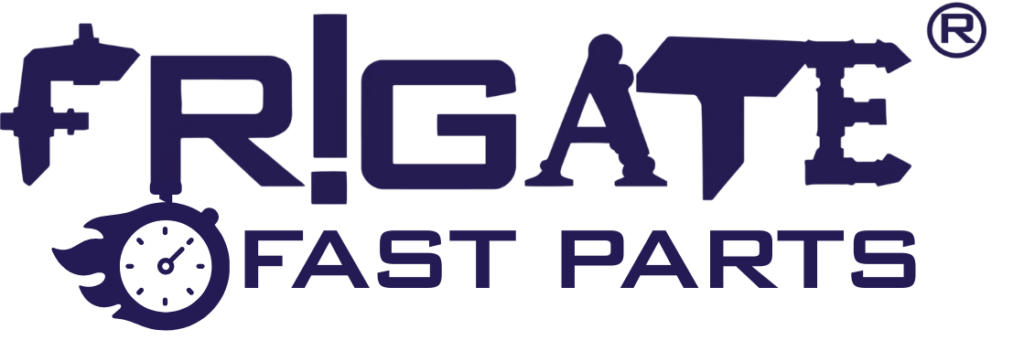Automotive OEM & Aftermarket
Engine mounts, chassis parts, and machined components for assembly lines.
Aerospace & Defense
Thrust reverser latches, bolt carrier assemblies, and fasteners for aircraft and defense sector.
Electronics Manufacturing
Connector housings, EMI shielding brackets and lightweight chassis for industrial electronics parts.
Robotics & Automation Systems
Precision housings, actuator frames, and armature linkages for automation systems.
Consumer Electronics
Metal frames, brackets, and assemblies for appliances and home equipment.
Medical Devices
Orthopedic implant screws, surgical drill guides and enclosures for sterile environments.
Renewable Energy
Solar mounting parts, wind turbine brackets, and battery enclosures.
Oil & Gas Equipment
Valve bodies, flange blocks, and downhole drilling components.
Marine & Shipbuilding
Rudders, propellers and corrosion-resistant components for offshore and deck-side systems.
CNC machining delivers micron precision and tight tolerances for complex geometry.
Optimized for mass production, high-volume machining utilizes advanced automation and process control to ensure consistent quality, tight tolerances, and superior cost efficiency at scale.
Designed for precision-driven applications, low-volume machining supports prototype development and limited production runs with high accuracy, rapid iteration, and reduced tooling requirements.











